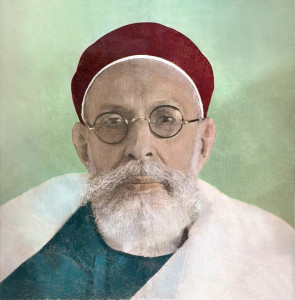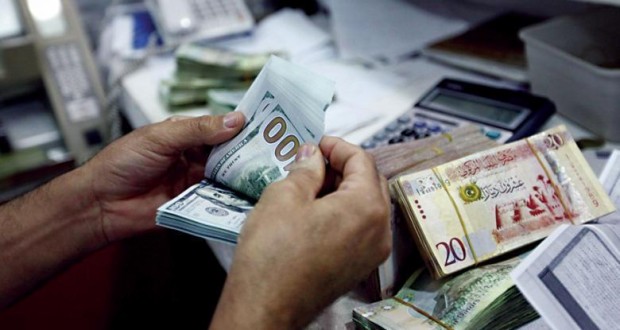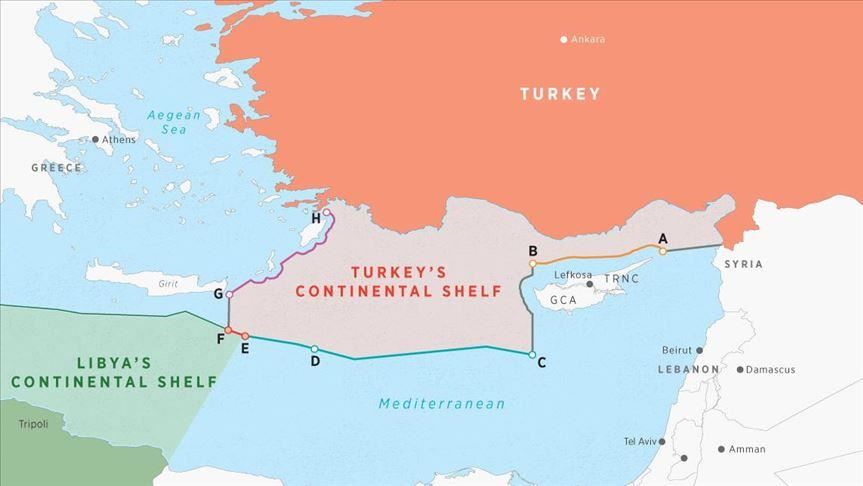Constitutional Monarchy as an Alternative in Libya?
Published on 2015 July 22, Wednesday Back to articles
The descendants of Libya’s former monarch, King Idris (1951-1969), may be weighing their role in the country’s future political arrangements. On 16 July, a spokesman for Prince Mohammed el Hasan el Rida el Senussi (b.1962) – who is Idris’ great-nephew and his generally accepted heir – denied social media chatter which claimed that the prince had invited mayors from Libya to his home in exile in Spain to discuss his potential role in Libya as outlined in the draft constitution. Despite denying the nature of such a meeting, he did not deny that a meeting had taken place.
The monarchy is associated with the first unification of the three traditional regions which now comprise Libya into a single state. As the country now confronts forces which risk prompting disintegration along regional lines, the association of the monarchy with this unifying impetus may be positive. But the monarchy is also associated with other dynamics that also defined unification, and particularly with the role that the colonial powers in general (and the UK in particular) played in the process. The British established or supported monarchies throughout the Middle East as a central part of their strategy in the region, and Libya was just one state in which these royal institutions were ultimately overthrown by military coups.
Though the prince emphasised that the Libyan people should choose the type of government that is most appropriate for them, some Libyans, including the former foreign minister Mohamed Abdulaziz, have in the past entertained the idea of bringing back the monarchy, at least temporarily. During the beginning of the current political crisis in late 2013, the idea of re-establishing a constitutional monarchy under the 1951 constitution as a stable interim political arrangement, while a new constitution was drafted, found limited support in some quarters. It was suggested as a compromise which could be less intricate – and therefore less precarious – than some of the other suggested political arrangements.
King Idris ruled Libya from 1951-1969, and quickly ceded power to Muammar Qadhafi after the Free Officers’ coup. But some analysts argue that if democracy is to become established in Libya, then it cannot develop in the type of political vacuum that has existed in the country after the revolution. They believe that the monarchy could unite Libyan tribes and militias. King Idris and his descendants are members of an influential tribe and the Senussi religious order, thus commanding the respect of most of the factions in Libya and presenting a common denominator between Islamists and non-Islamists.
It should be stressed that the idea of temporarily re-establishing the monarchy has not been taken seriously in the past. Libyans would prefer to take a forward-looking approach to devising new political solutions, rather than reaching back into their past to find a mode of governance. But it may become a more attractive option in the all-too-possible event the UN-facilitated political agreement collapses.
This is an excerpt from an article in our monthly Libya Focus publication.



